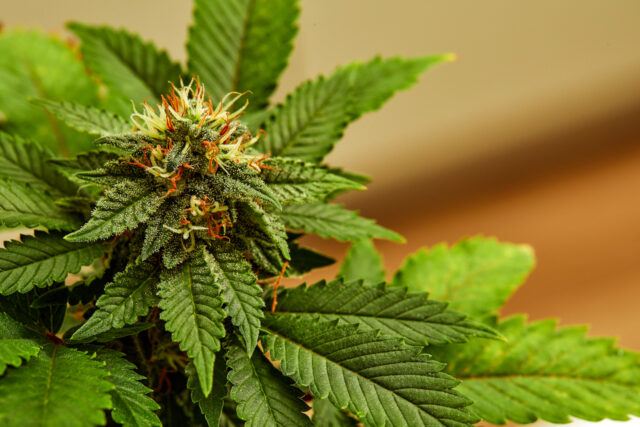As cannabis legalization spreads across the U.S., dentists are increasingly encountering patients who use cannabis, posing unique challenges and considerations for oral health professionals. Here’s a synthesis of insights from Dr. Barry Taylor, a seasoned dentist and expert in the field, highlighting what every dentist should know about treating patients who use cannabis.
Understanding Cannabis Use and Its Prevalence
Recent trends indicate a rise in cannabis use among dental patients. According to an ADA Communications Trend Report, 46% of dentists reported seeing more patients under the influence of cannabis in 2023 compared to the previous year. This uptick is particularly noticeable among patients over 55, driven largely by perceived medicinal benefits.
Initial Steps When Treating High Patients
When a patient appears to be under the influence of cannabis:
- Use Professional Judgment: Assess the patient’s coherence and ability to provide informed consent.
- Take Vital Signs: Take and evaluate vital signs to ensure the patient’s safety.
- Direct Inquiry: Ask about their cannabis use, including the type (smoked or edible) and timing of consumption.
Cannabis and Its Impact on Oral Health
- Dry Mouth (Xerostomia): THC reduces salivation, leading to dry mouth, which increases the risk of dental caries. This effect occurs regardless of whether the cannabis is smoked or ingested as an edible.
- Increased Caries Risk: Dry mouth coupled with the “munchies” phenomenon—craving sugary and high-calorie foods—creates a perfect storm for cavities.
- Periodontal Disease: Studies, including the Dunedin and NHANES studies, have shown a significant correlation between cannabis use and increased periodontal disease, particularly among those who smoke it.
- Oral Cancer: While evidence is mixed, some studies suggest a potential link between cannabis use and oral cancer, though more research is needed.
Recommendations for Dentists
- Comfort with Conversation: Dentists should be comfortable discussing cannabis use with patients, similar to conversations about tobacco or alcohol.
- Education: Educate patients on the oral health implications of cannabis use, especially the risks associated with dry mouth and poor dietary choices.
- Moderation and Method of Use: Encourage patients to consider edibles over smoking to reduce harm, emphasizing moderation.
- Tailored Treatment Plans: Adjust treatment plans based on the patient’s cannabis use, being mindful of their overall health and the specific form of cannabis they consume.
As cannabis use becomes more common, it’s crucial for dental professionals to stay informed and prepared. By understanding the effects of cannabis on oral health and maintaining open, non-judgmental communication with patients, dentists can provide better care and address the unique challenges posed by this growing trend.





